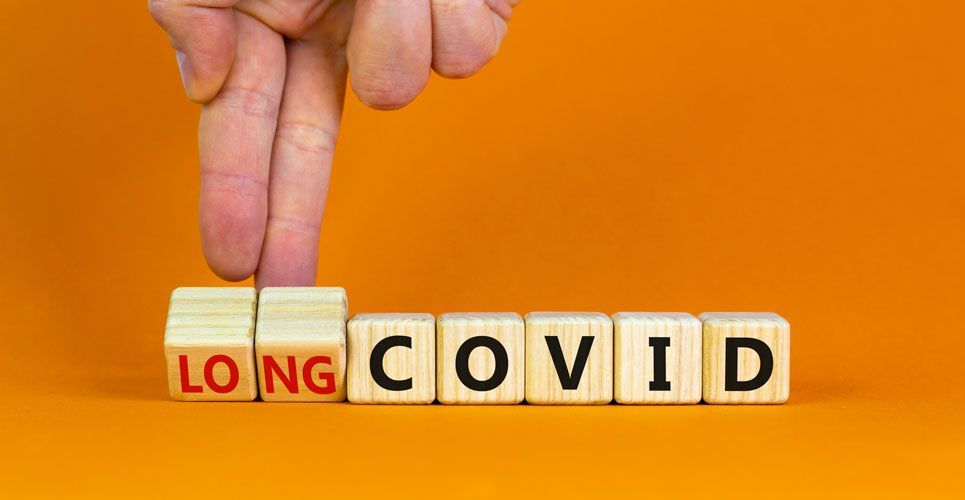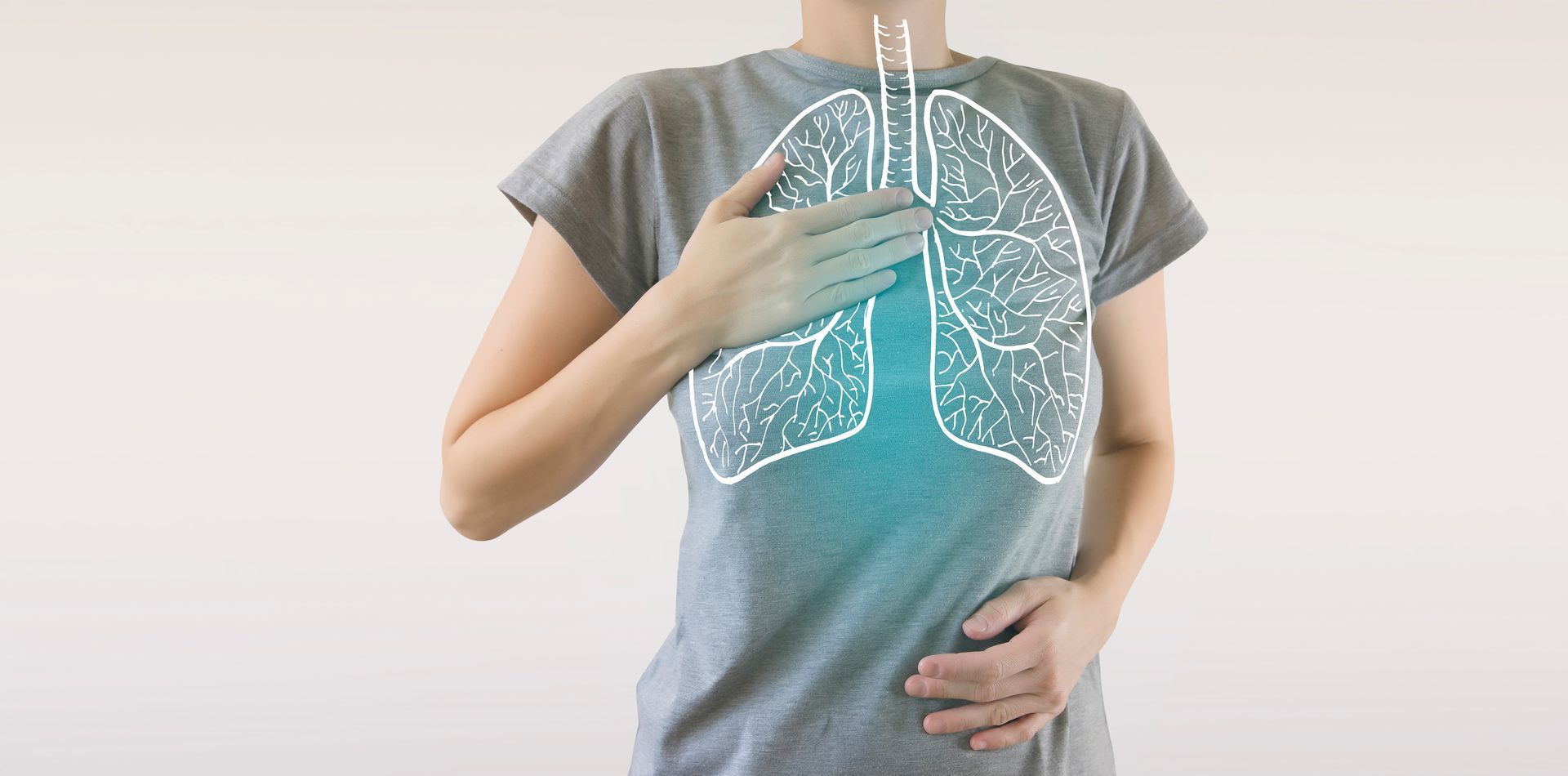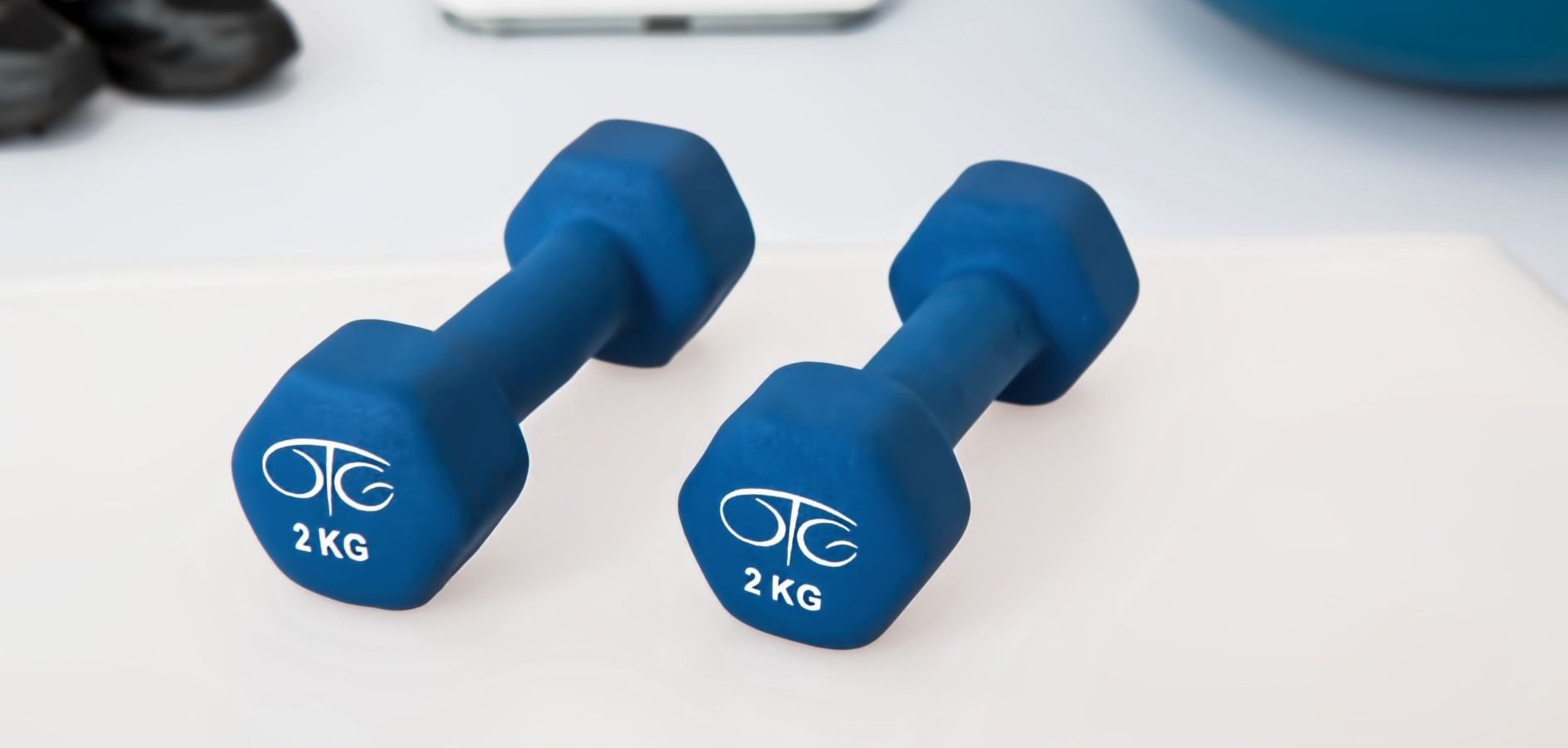Our services
Here are some of the specialist services offered at
Inspire Balance Physiotherapy:
Long COVID support and rehabilitation

What is long COVID?
Long COVID can cause individuals to experience a variety of different symptoms, depending
on how the illness has affected them.
Common symptoms include:
- A constant feeling of exhaustion (Fatigue)
- Breathlessness or disordered breathing
- Difficulty concentrating
- Brain fog
- Fast heart rate
- PoTS (Postural orthostatic tachycardia syndrome)
- A sense of anxiety
- Feeling easily overwhelmed
- Temperature dysregulation
- Gut symptoms including bloating or tummy pain.
- Poor sleep
- Joint and muscle pain
- Chest pain or discomfort
- Exercise or activity intolerance
- Post-exertional symptom exacerbation (PESE)
*It is important you have had your symptoms assessed by a medical professional to exclude any alternative diagnoses and address any treatable causes*.
How might this affect you?
Life can be challenging living with these multiple symptoms which can
affect every area of your life and work.
Physical symptoms can also impact your mental wellbeing too.
What is long COVID rehabilitation?
Whilst there is currently no medical treatment or cure for long COVID, understanding
and managing symptoms well can make a big difference in your quality
of life and optimising conditions for recovery.
Specialist physiotherapy can help you manage many of the common symptoms.
Long COVID recovery is different for everyone so it is important that any rehabilitation or symptom management programme is tailored to your individual needs.
How can I help you?
I have extensive experience in supporting individuals to manage their symptoms, working within an NHS long COVID service for the past three years.
Living with fatigue is hard and learning to manage fatigue symptoms well can improve your quality of life. I can support you with appropriate fatigue management strategies including how to use pacing techniques and work with you to create a fatigue recovery plan that is suited to your needs.
Disordered breathing is really common in long COVID and responds well to breathing
re-training.
Returning to, or remaining in work or education can be challenging with long COVID symptoms. I can advise on suitable adjustments when returning to work where appropriate.
Increasing activity levels can also be challenging. Graded exercise is contra-indicated in some people with long COVID. We will thoroughly assess your symptoms to ensure any exercise programme is right for you.
I have significant experience supporting individuals with PoTS rehabilitation (both those who have PoTS secondary to COVID infection and those with PoTS associated with hypermobility syndromes).
Following your assessment, I will work with you to create an individualised treatment plan tailored to your needs.
Disordered breathing

Good breathing is the foundation for efficient movement, good health, and well-being.
We don't usually have to consciously think about our breathing, as it happens automatically.
Various things can cause our breathing to become disordered, for example, an infection including COVID-19, an underlying breathing problem such as asthma or COPD, or
during times of stress.
Small changes to our breathing rate or pattern can upset the balance within lots of our body systems over time.
This is known by many different names including "disordered breathing", "dysfunctional breathing" or "breathing pattern disorder".
What is disordered breathing?
Normally we breathe in and out through our noses at rest. When breathing occurs mainly in the upper chest, often at a faster rate than normal, and through the mouth, this can indicate disordered breathing.
Disordered breathing is inefficient and can lead to a multitude of physical symptoms including:
- a feeling of "air hunger" during activity, sport, or even at rest in some cases
- aches and pains in the neck, shoulders, and back
- disturbed sleep
- a sense of anxiety or stress
- feeling constantly on edge
- fatigue
- chest pains
- upset gut
- irritability
- frequent sighing or yawning
- feeling unable to get a full breath in or out
How might this affect you?
Poor breathing can affect your energy levels, sleep quality and general well-being. Disordered breathing can impact performance during sport and exercise too.
How can I help you?
Breathing re-training can help restore normal physiology. This can then allow the body and mind to return to a normal balanced state.
Better breathing can lead to better movement and better health and well-being.
I have undertaken specialist training in the Bradcliff Breathing method, a proven evidence-based method for re-training breathing.
Rehabilitation

Rehabilitation, including balance and exercise programmes, can help prevent injury,
and falls, and promote recovery following surgery.
For many, improved mobility and activity levels can lead to an improved quality of life.
Regular strength and balance exercises can help maintain independence and prevent falls, especially in older adults.
How can I help you?
I can carry out a thorough assessment to understand your concerns and work with you to provide an appropriate progamme of rehabilitation tailored to your needs.
What I don't do...
I don't treat acute musculoskeletal or sporting injuries as this is not my area of expertise.
If your assessment highlights that you would benefit from a physiotherapist specialising in this area of work, I can recommend an appropriate clinician to meet your needs.
a b c d e f g h i j k l m n o - Do not remove from template!!! it is important to support different fonts

07851 699820
admin@inspire-balance.com
Monifieth, Near Dundee, Scotland.